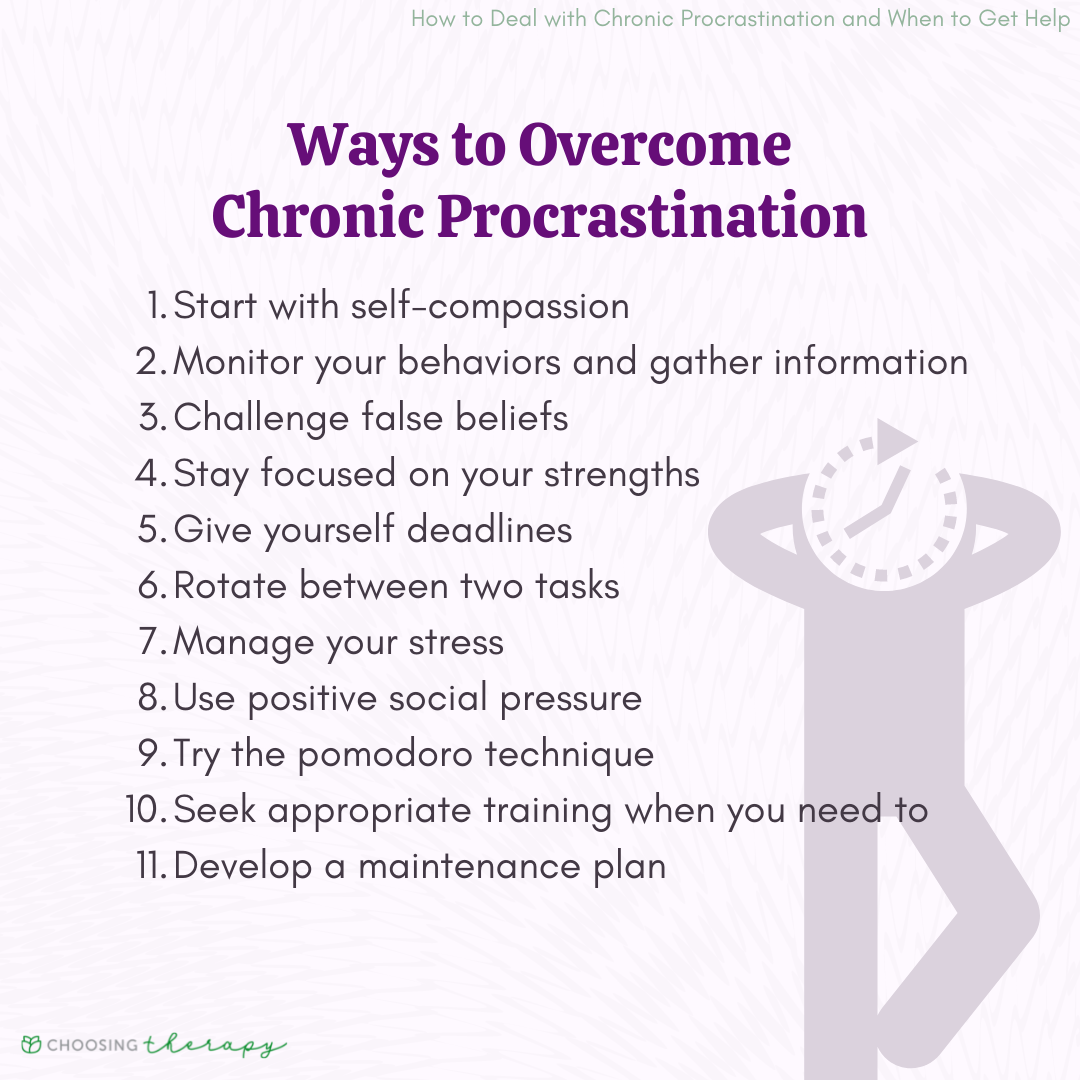Exploring the Consequences of Procrastination, Emotional Dependency, and Impostor Syndrome on Your Well-Being
Exploring the Consequences of Procrastination, Emotional Dependency, and Impostor Syndrome on Your Well-Being
Blog Article
Throughout our routines, we often encounter challenges that hinder productivity and personal síndrome do impostor growth. Among sindrome do.impostor the most common issues are procrastination, emotional dependency, and impostor syndrome. These problems not only disrupt personal and professional life, but addressing them can lead to significant personal improvement.
In this article, you’ll discover what these issues are, why they occur, and effective strategies to manage them. With the right insights, you can enhance your mental clarity and live a more fulfilling life.
What is Procrastination?
Procrastination is the tendency to postpone tasks or decisions that are important. It is commonly caused by fear of failure, perfectionism, or lack of motivation.

Studies reveal that procrastination stems from how our minds prioritize instant gratification over long-term benefits. People often procrastinate when they feel unmotivated or overwhelmed. Recognizing these triggers is essential to addressing the issue effectively.
What is Emotional Dependency?
Emotional dependency occurs when someone relies heavily on others for a sense of security and happiness. While building relationships is fundamental, excessive emotional dependency can harm both the individual and the relationship.
People with emotional dependency may struggle to make independent decisions. It is usually linked to early attachment patterns, such as a fear of abandonment or low self-esteem. Building self-awareness and working on personal growth can help foster healthier, more independent relationships.
What is Impostor Syndrome?
Impostor syndrome is the persistent belief that one’s success is undeserved. Despite achieving success, individuals with impostor syndrome attribute their achievements to luck or external factors.

This mindset can lead to chronic stress, low self-confidence, and missed opportunities. Studies have found that addressing impostor syndrome requires practicing self-compassion and recognizing personal achievements.
Strategies to Overcome These Challenges
To combat these challenges, consider implementing the following strategies:
- For procrastination: Set small, manageable goals and practice time management strategies such as the Pomodoro Technique.
- For emotional dependency: Focus on building self-esteem through activities like self-reflection and personal growth exercises.
- For impostor syndrome: Keep a journal of your achievements and seek support from trusted mentors or peers.
Consistency is vital—adopt these habits gradually to create long-term improvement.
Conclusion: Taking Charge of Your Mental Habits
These common psychological challenges don’t have to define your life. When you take proactive steps to address these issues, you set the stage for a more productive, confident, and fulfilling future.
Start small—pick a single habit to focus on and commit to making gradual progress. You’ll notice meaningful changes in how you approach challenges and opportunities.
Report this page